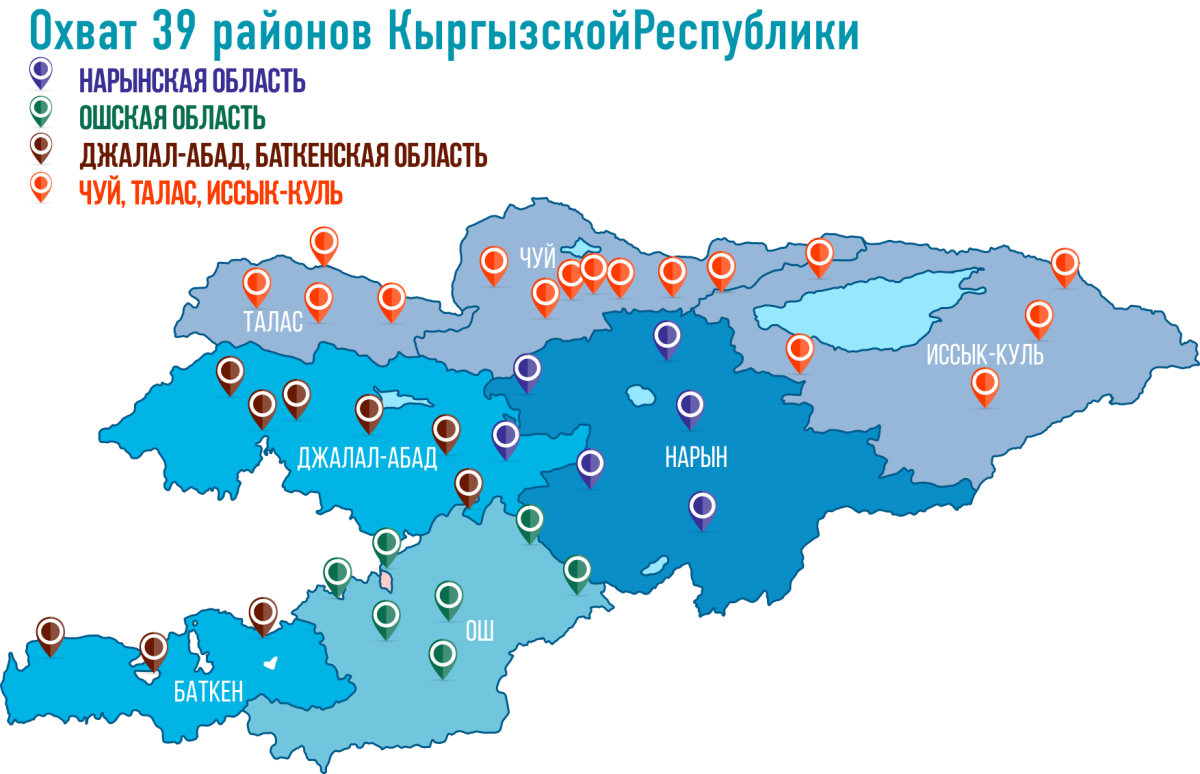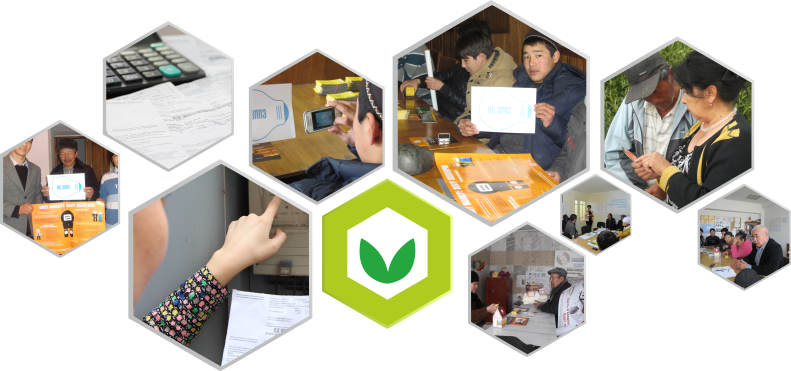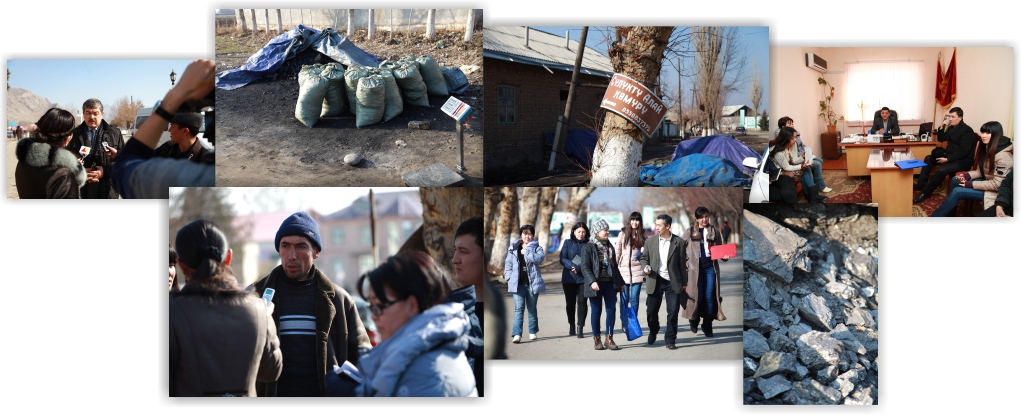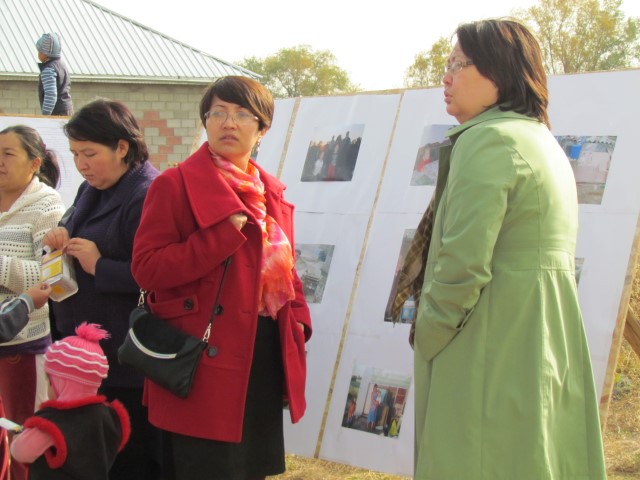
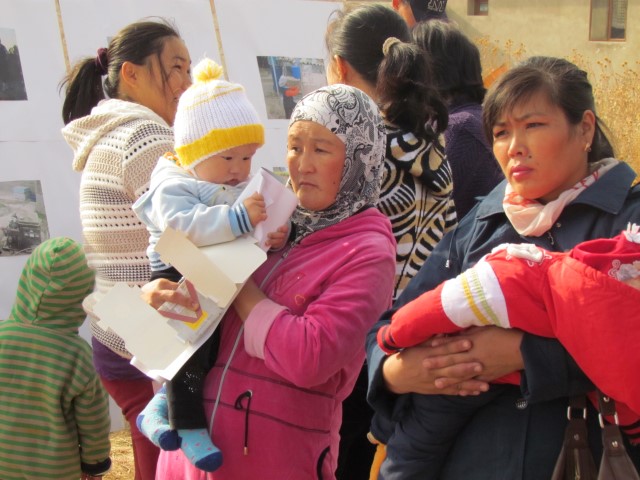
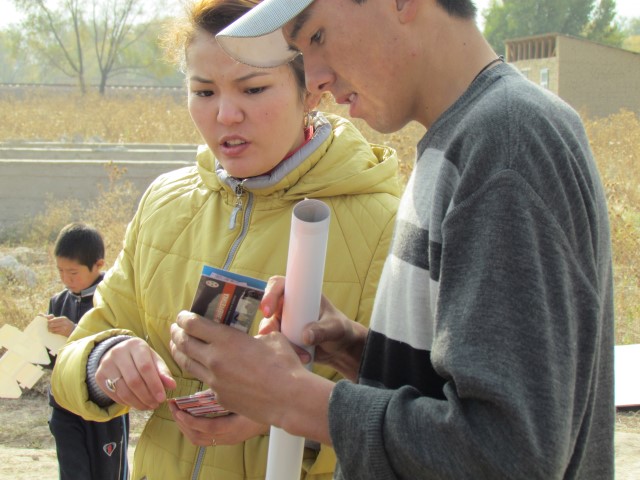
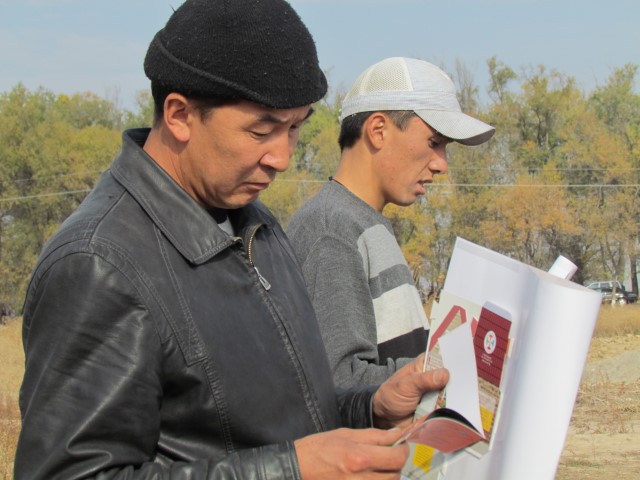
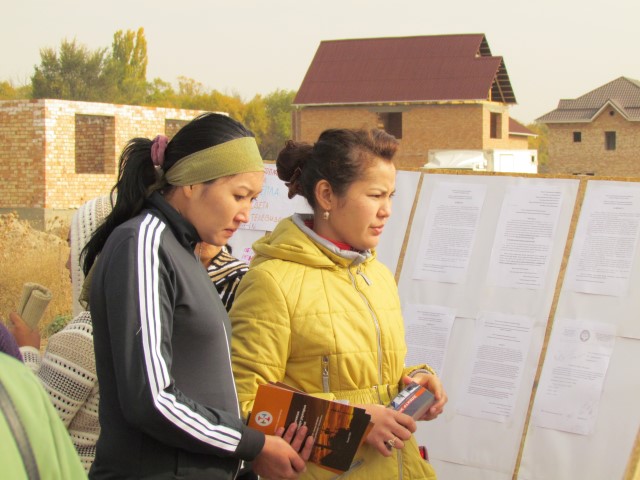
Initiator and principal performer: OO Elsen, Center for the Protection of Electricity Consumer Rights (OCEPA), Kant city and Chui region
With financial support from: The United States Agency for International Development (USAID) and the United Kingdom Department for International Development (DFID) through the Collaborative Management Program implemented by East-West Management Institute (EWMI).
Description: 498 newly-built households in Novopokrovka, Chui, did not have access to electricity and other facilities for three years. The lack of interaction between local and regional authorities, limited funding, flaws in legislation, and issues with the electricity supply system itself caused a high amount of problems and dissatisfaction to the citizens.
Numerous consultations with families living in these new buildings, as well as activities and studying the situation within the framework of protecting the rights of electricity consumers, have shown that the problem of access to electricity in new buildings of the republic is one of the most pressing in the energy sector.
Project results:
With the joint efforts of local residents and with the support of local authorities:
- 203 utility poles were installed
- Electric distribution networks were laid
- An initiative group trained in advocacy, having studied the legal methods of protecting their rights, and currently look at the problem in a different way and foresee its solution in the collaboration of local and regional authorities, and residents
- From the initiative group, a public association was formed called the "Demilgeluu Araket"
- Conditions have been created for an effective dialogue of the parties including the AO, the district and regional administration, energy companies, deputies of the residential complex, CSOs and the residents of the new building themselves.
- An analytical report based on NLAs on the power supply of new buildings of Kyrgyzstan with the participation of experts from the OCEPE network was released.
- Studies and recommendations became the basis for advancing the legislative initiative of the deputy group, which is at the 2nd reading level.
- The project contributed to the signing of a memorandum of cooperation on electricity supply to new buildings between Severelektro OJSC, Chui Oblast and Minenergoprom http://www.tushtuk.kg/society/7451/
- With the support of the Chui regional state administration, a round table was organised “Access to electricity: experts and state and local authorities in the interests of the community”.
- The new building is partially supplied with electricity and is in the process of being connecting to the power supply.
The project in the media:
http://cso-central.asia/dostup-k-elektrichestvu-v-novostrojkax-issyk-atinskogo-rajona/

